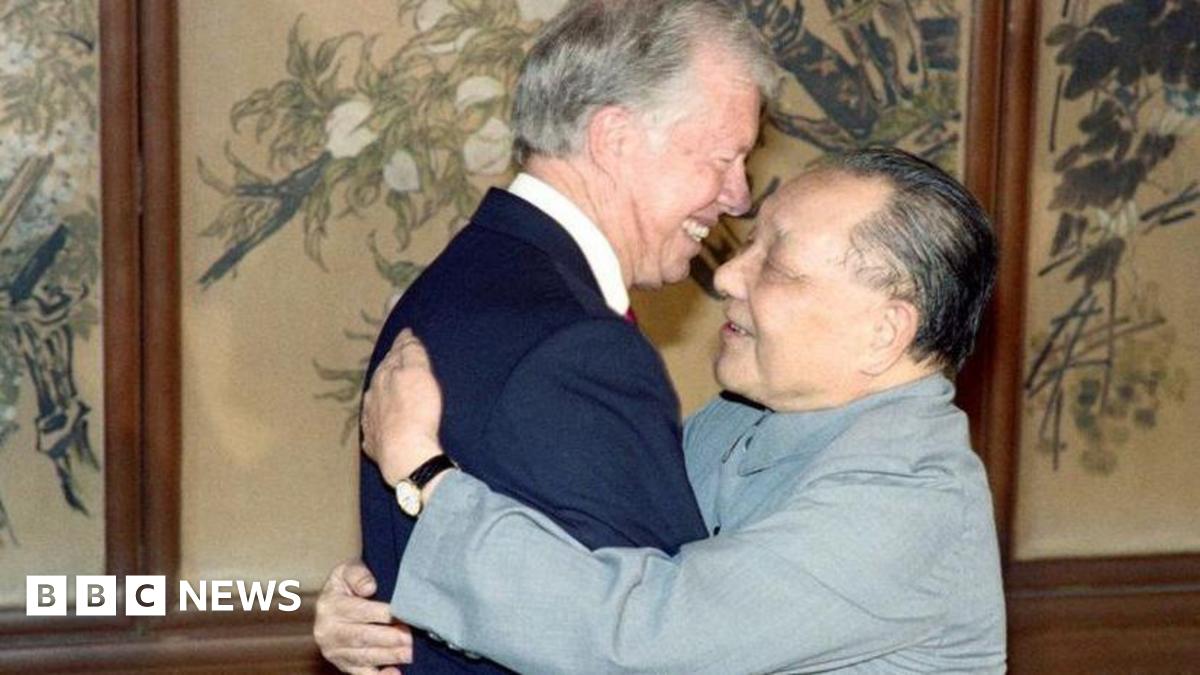That was to be his last visit. As the US-China relationship grew rockier, so too did Carter’s ties with the Chinese leadership, particularly after Xi Jinping took power.
On the eve of his 2014 visit, top government officials instructed universities not to sponsor his events, prompting a last-minute scramble to change venues, Carter noted, external.
A state dinner held for him at the Great Hall of the People in Beijing was sparsely attended, recalled Mr Schell. Notably, it was hosted by then vice-president Li Yuanchao, while Xi was said to be entertaining another dignitary elsewhere in the complex.
“He wouldn’t even come to tip his hat to Carter. That really showed the state of relations,” Mr Schell said. “Carter was really very angry. Two of his aides told me he even felt like leaving early because he felt disrespected.”
The Carter Center’s activities in China were eventually curtailed, and a website they maintained to document the village elections was taken offline. No clear explanation was given at the time, but Dr Liu attributed this to China’s growing suspicion of foreign organisations following the 2010 Arab Spring.
Though Carter said little about the snub publicly, it would have been felt no less acutely, given the lengths he had gone to advocate for engagement.
It has also raised questions whether his approach on human rights with China – he characterised it as “patience” but others criticised it as soft-pedalling – was justified in the end.
Carter often “made a tremendous effort… not to stick fingers into China’s eyes on the human rights question,” Mr Schell noted. “He did temper himself even when he was out of office, as The Carter Center had a real stake in the country.”

